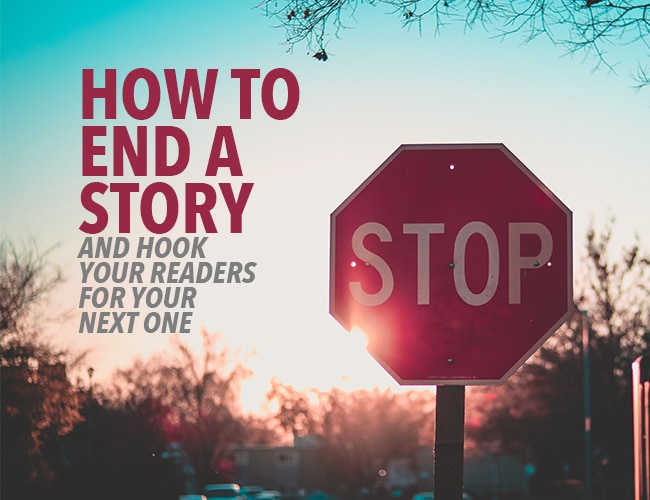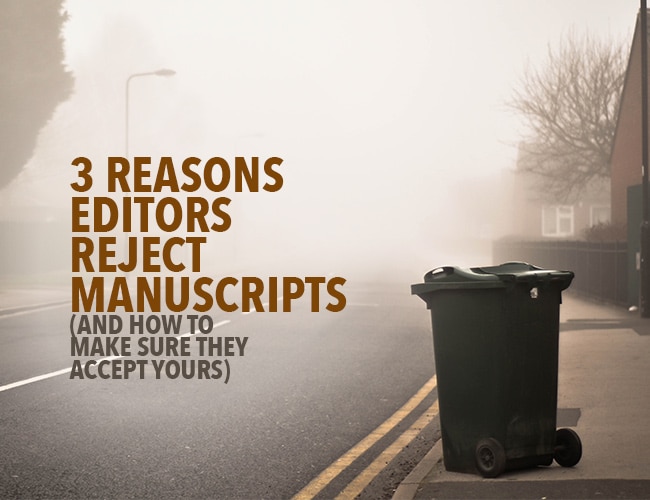
by Joslyn Chase |
You’ve put a lot of time, effort, research, planning, blood, sweat, and tears into finishing your book—and you’re almost there! And then you’re not. You’ve suddenly lost the thread, wandering off into strange paths, with no idea how to end a story, wrap it up and call it done.
If this has ever happened to you, you’re in good company. It’s a common issue among writers. Try these techniques to solve it.

by Joslyn Chase |
Has this happened to you? You finish a story and polish it to a shine, compose your cover letter, send the package off to an editor, and wait through an agonizing time period, only to get that form letter saying thanks, but we’ll pass. Your book was rejected.
It’s happened to me. More times than I care to think about. One thing writers who want to publish learn right off is the pain of rejection, and my best piece of advice is to get used to it. There is life after rejection, and you’ve got to be willing to jump up and go at it again. And again.

by Joslyn Chase |
Have you ever written a scene that didn’t feel authentic or sit right with you? One very possible reason for such a scene is that your character did not act in accordance with their nature. As writers, we sometimes hit a fallback position where we have our character do what we would do rather than acting … in character. We have to remember to write from the character’s personality rather than our own.
I am not a proponent of detailed character sketches—believing, instead, that the character reveals herself to the writer as the story unfolds. However, as we get to know the character we’re writing, it’s important to understand the essentials of her personality. By doing so, we make it easier to understand and portray the shifts that make up the character arc.

by Joslyn Chase |
Almost any genre you might write in will include some kind of action scene, so it makes sense to learn how to do action well. Action does not always mean a car chase or a shootout, though these are time-honored examples. An action scene can simply be a place in the story where the pacing increases and the movement is external, rather than internal.

by Joslyn Chase |
Who doesn’t love to laugh? A good, healthy chuckle goes a long way toward making a character more likeable, and a reader more willing to stick with that character through difficult situations. Most stories, whatever the genre, benefit from moments of humor. Yes, humor writing is hard—but these strategies will give your writing the perfect blend of levity.







